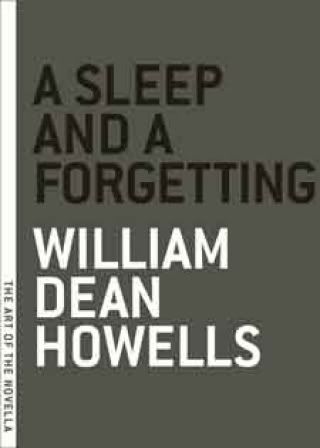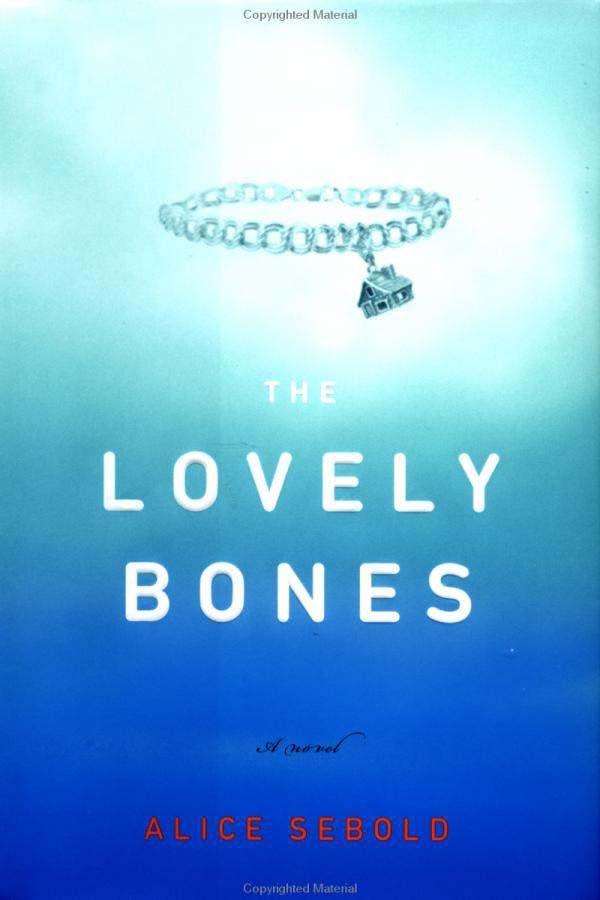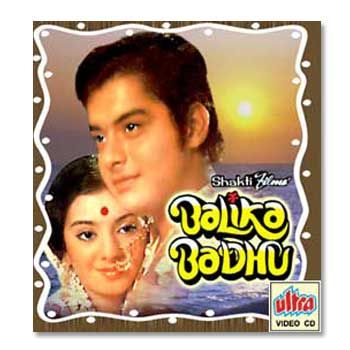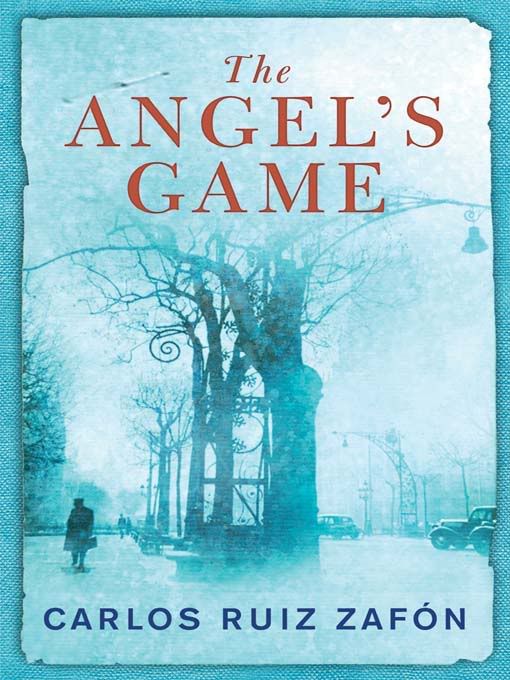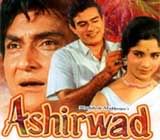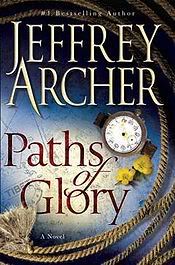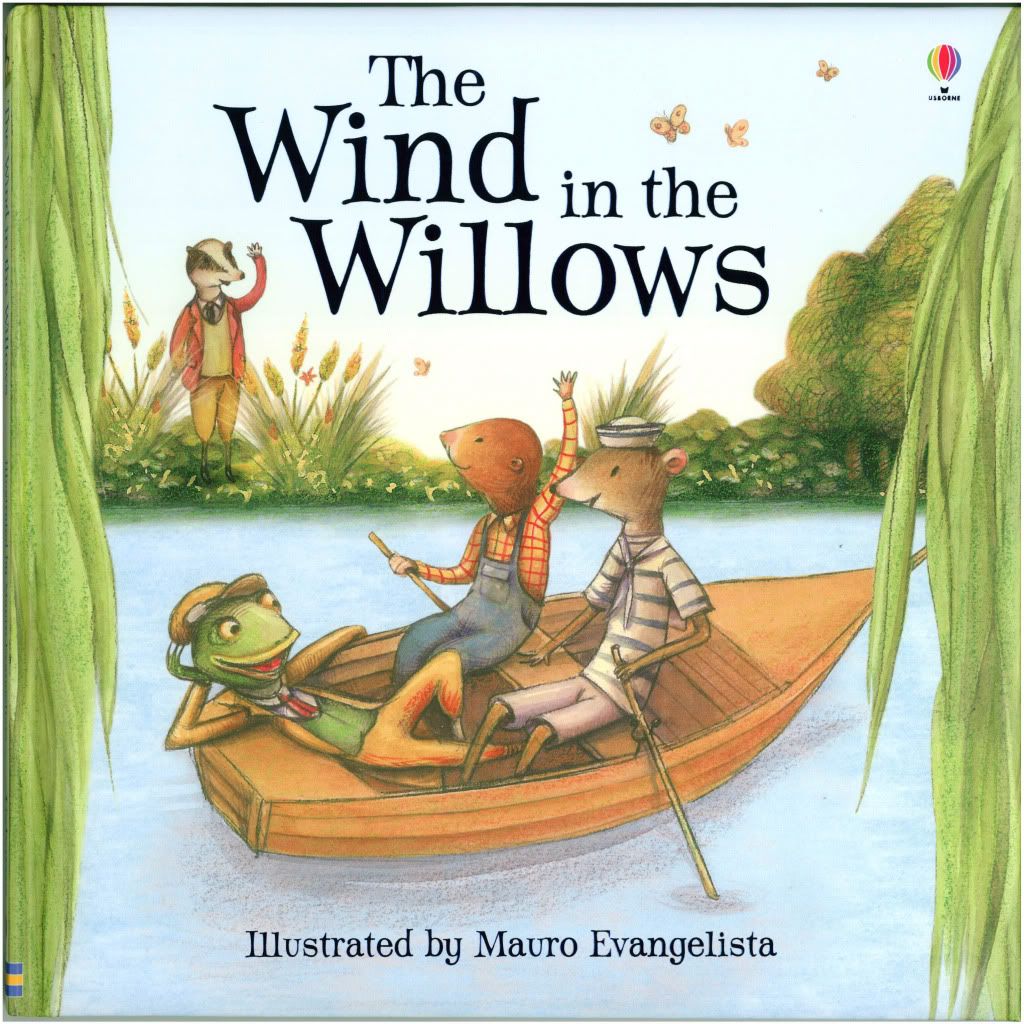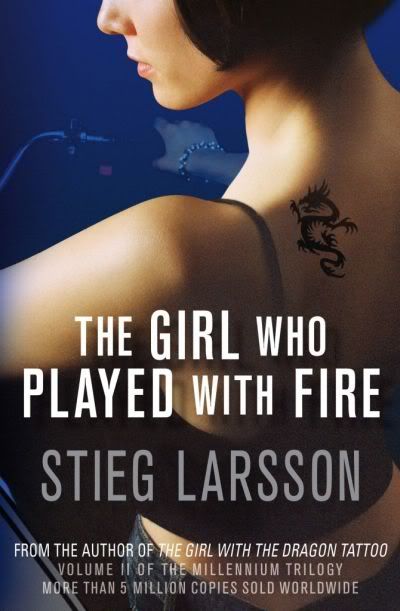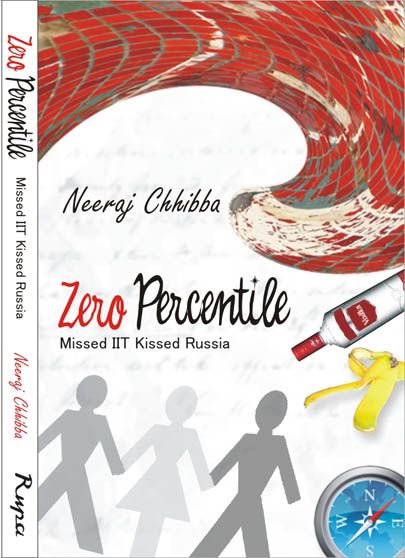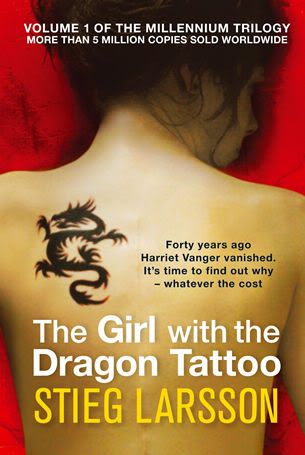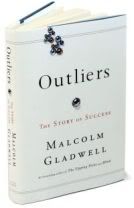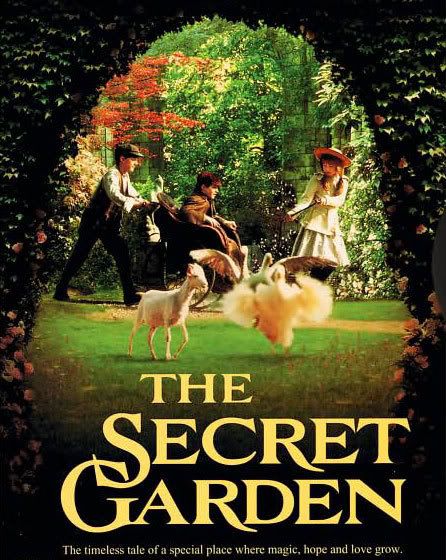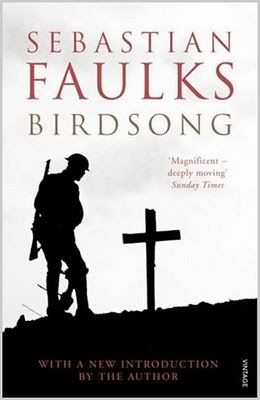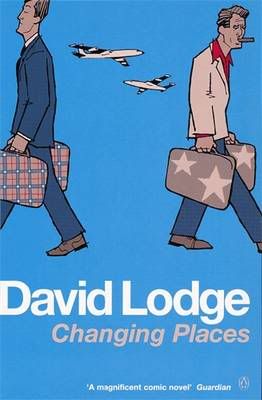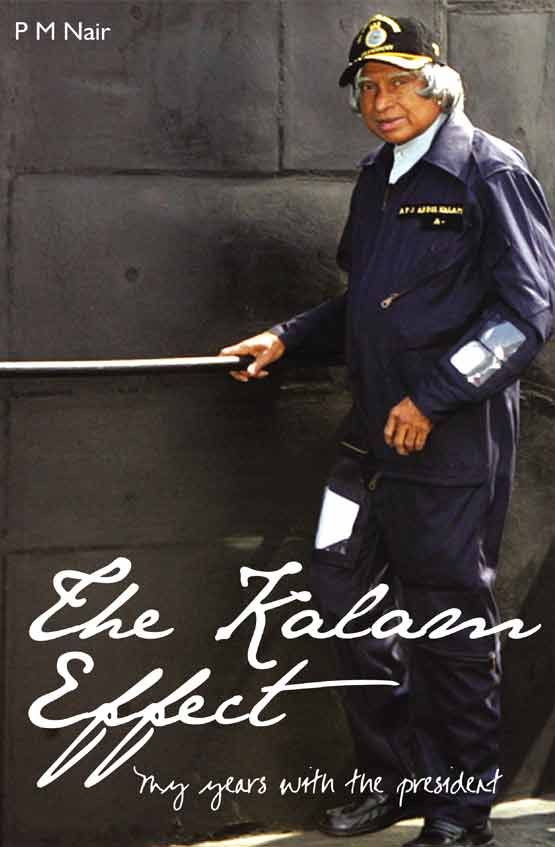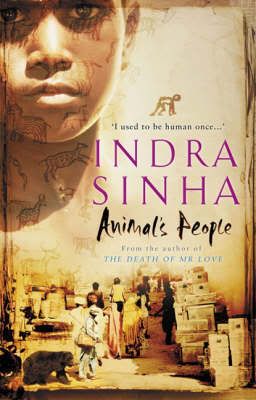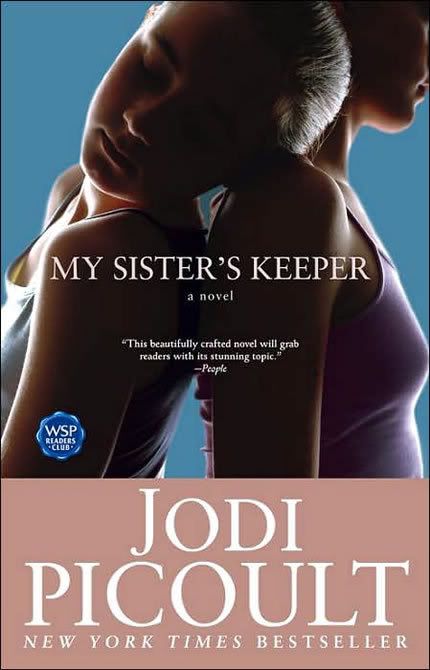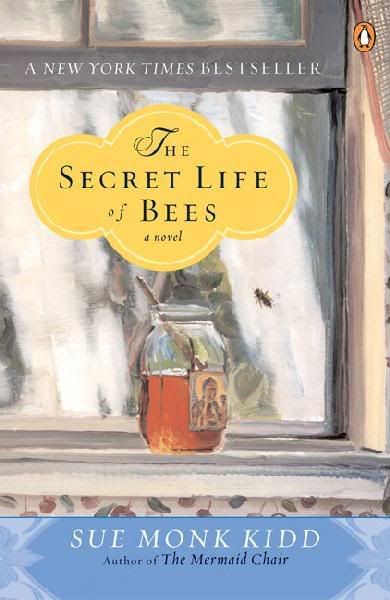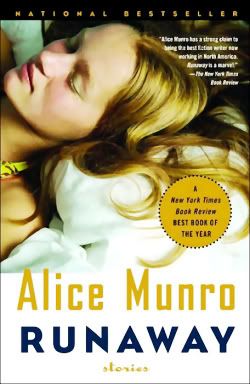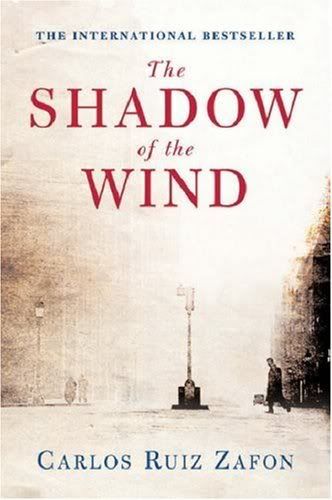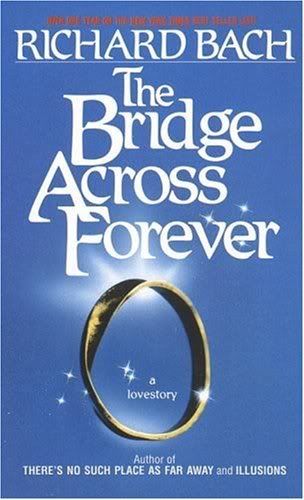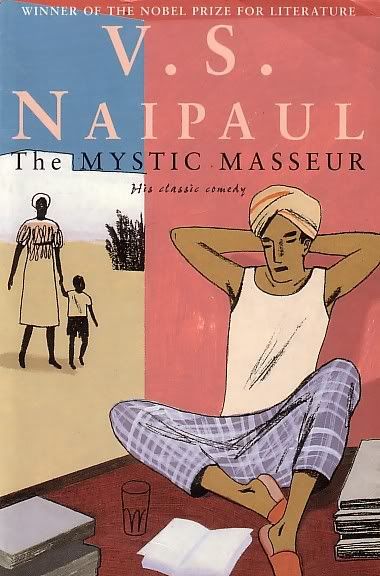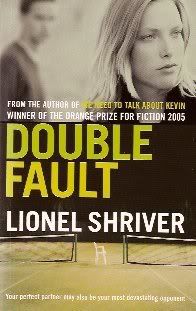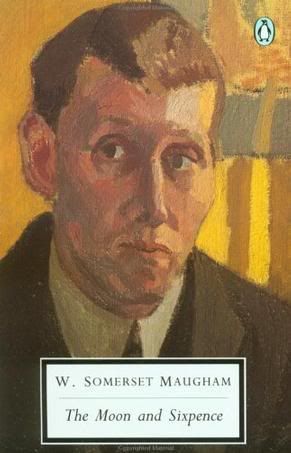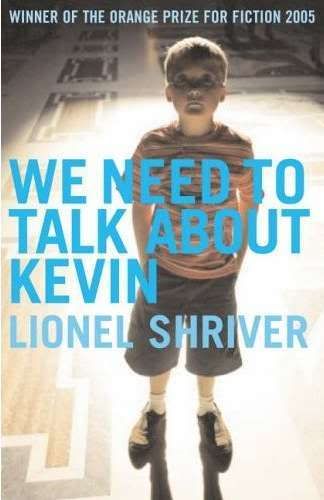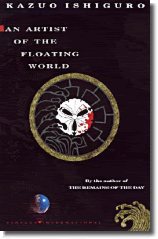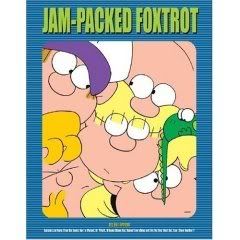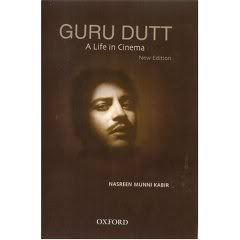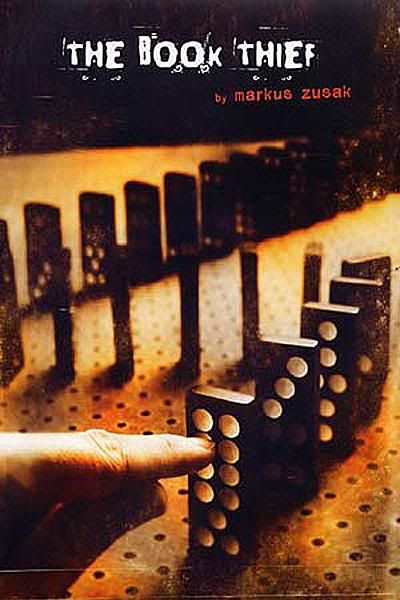
This book is, hands down, the best book I have read in 2009 so far. Considering the number of days left in this year and the amount of time I get to read these days, this book might remain the best book of the year.
What is the book about? Here is what the publishers say:
It’s just a small story really, about among other things: a girl, some words, an accordionist, some fanatical Germans, a Jewish fist-fighter, and quite a lot of thievery. . . .
Set during World War II in Germany, Markus Zusak’s groundbreaking new novel is the story of Liesel Meminger, a foster girl living outside of Munich. Liesel scratches out a meager existence for herself by stealing when she encounters something she can’t resist–books. With the help of her accordion-playing foster father, she learns to read and shares her stolen books with her neighbors during bombing raids as well as with the Jewish man hidden in her basement before he is marched to Dachau.
This is an unforgettable story about the ability of books to feed the soul.
Words - written and spoken - are central to the book. This book is unusual in many ways. One, the structure of the book is something I have never seen earlier. It is broken up into chapters based on the books that the protagonist steals. Two, the narrator of the book is also unusual. I don't want to reveal it here because I don't want to deprive you of the thrill you get when you discover for yourself. Three, the actual idea of putting a book thief in the middle of Nazi Germany in 1940s - who would have thought? The good thing is it works really well. The author maintains the gravity required to describe the burning Germany and the humor and the wit required to captivate the readers.
I just loved the writing style. It is witty and humorous. Sometimes it is the kind of humor where you are laughing at yourself, unknowingly. I am guessing the author loves colors. He uses colors to describe almost all scenes in the book. In fact, the book starts colors. There were many sentences and paragraphs which made me stop reading and think. Some got a chuckle out of me and some disturbed me. I wish I had made a note of some so that I could quote here. Google came to the rescue and here are some.
First the colours.
Then the humans.
That’s usually how I see things.
Or at least, how I try.
The last time I saw her was red. The sky was like soup, boiling and stirring. In some places, it was burned. There were black crumbs, and pepper, streaked across the redness.
…For some reason, dying men always ask questions they know the answer to. Perhaps it’s so they can die being right.
For now, Rudy and Liesel made their way onto Himmel Street in the rain.
He was the crazy one who had painted himself black and defeated the world.
She was the book thief without the words.
Trust me, though, the words were on their way, and when they arrived, Liesel would hold them in her hands like the clouds, and she would wring them out like the rain.
“… it was raining on Himmel Street when the world ended for Liesel Meminger.
The sky was dripping.
Like a tap that a child has tried its hardest to turn off but hasn’t quite managed.”
If I could, I would quote the entire book here, that's how much I liked it. Why did I like the book? The writing was what got me initially. The story will tug at your heart. And the characters - Liesel and Rudy and Max and the Hubermanns - each one of them will remain with me for a long time. What I will never forget though, is the narrator.
